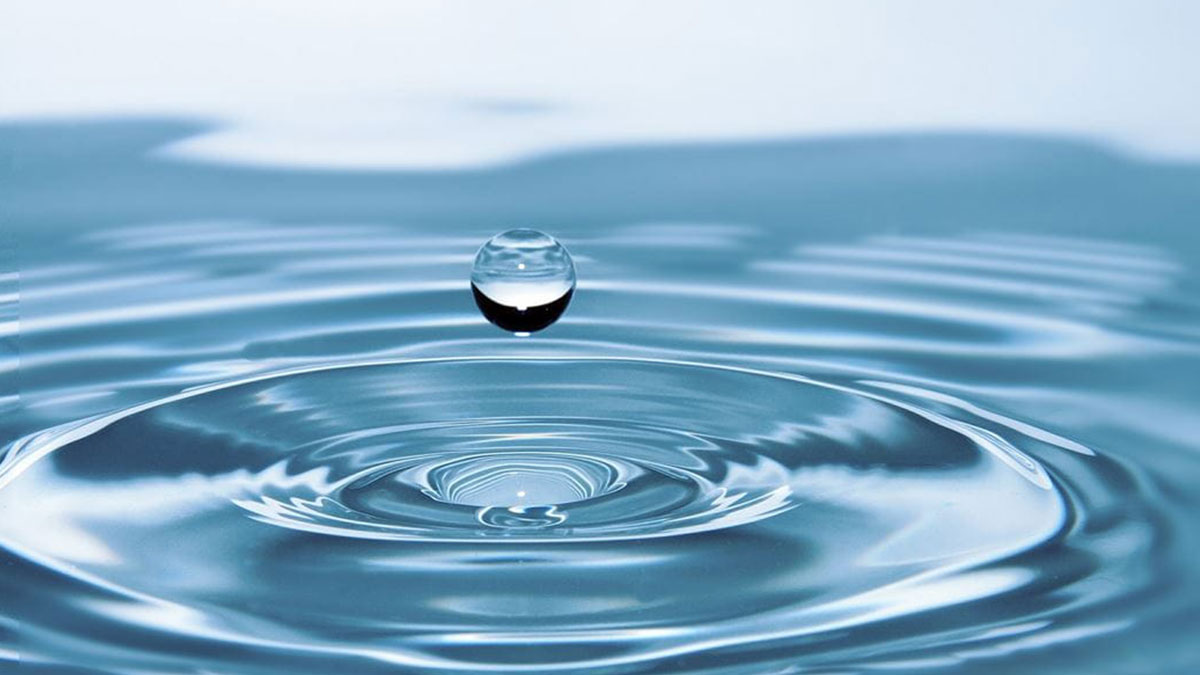One of the resources to be seriously hit by climate change is water. It could be affected variously — melting glaciers, rising sea-levels, floods, droughts, and the scarcity of fresh water. And it is this urgent need for water security that prompted UN secretary-general Antonio Guterres during the UN 2023 Water Conference to beseech member states to “bring the water action agenda to life”.
Last year’s ‘State of the World’s Drinking Water’ report by the WHO, UNICEF and the World bank also flagged that “one-quarter of the world’s population is left without access to safe drinking water.” Yet, water has not been getting the attention it deserves.
It is against this backdrop that HCL Corporation says it decided to partner with World Economic Forum’s innovation platform, ‘Uplink’ to support water focussed entrepreneurs or ‘Aquapreneurs’, as they call them, through a $15-million grant over the next five years.

“We received over 450 applications in response to our first year’s Global Freshwater Challenge. An expert committee followed by a jury sifted through each of the applications to identify the most impactful start-ups already working in the space of water innovation with potential to scale and replicate across regions. Top 10 Aquapreneurs were selected and the cohort also included two Indian innovators,” informs Sundar Mahalingam, President Strategy at HCL Corporation.
So, who are these two Indian innovators who made it to the top 10? In the reuse of wastewater space is Indra Water, whose Co-founder and CEO Amrit Om Nayak has an engaging story to tell; the other is NatureDots, whose Co-founders Mohammad Aatish Khan and Snehal Verma are helping hosts of fresh water fisherfolk retain or restore waterbodies and in turn their livelihood.
Nayak, who grew up in a drought-prone region in southern India, and his Co-founder, Krunal Patel, (whose father had a chemical business), have experienced water stress and water pollution. Both studied advanced automotive technologies and soon focussed on water. “We started working on water during our Master’s program at the University of Washington in Seattle. We leveraged our skills and built a solution to treat wastewater electrically, and realised our solution could create a bigger impact back home in India,” explains Nayak.

